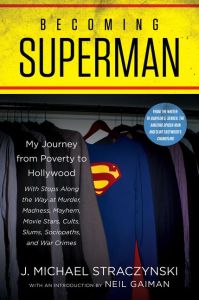 I had the opportunity to visit the Star Wars Galaxy’s Edge theme park in Disney World last December, just a few months before it closed due to the coronavirus pandemic. As a lifelong Star Wars fan, it was an incredible experience. I cam away extremely impressed with the attention to detail and the quality of the merchandise, food, and other amenities. Disney’s Imagineers went the extra mile to make the park feel immersive; once you enter, you can’t see anything to remind you that you’re still on Earth.
I had the opportunity to visit the Star Wars Galaxy’s Edge theme park in Disney World last December, just a few months before it closed due to the coronavirus pandemic. As a lifelong Star Wars fan, it was an incredible experience. I cam away extremely impressed with the attention to detail and the quality of the merchandise, food, and other amenities. Disney’s Imagineers went the extra mile to make the park feel immersive; once you enter, you can’t see anything to remind you that you’re still on Earth.
I had read Galaxy’s Edge: Black Spire novel and the Galaxy’s Edge comics before I went, so I understood the importance of Batuu to the Resistance and the First Order. I loved having read about Dok-Ondar and then seeing him. My wife and I had fun trying to identify the Resistance spy.
Unfortunately, the park itself doesn’t make that backstory accessible to most visitors. Continue reading ““Star Wars Galaxy’s Edge””


 For me, the film version
For me, the film version 

 On a superficial level,
On a superficial level, 
